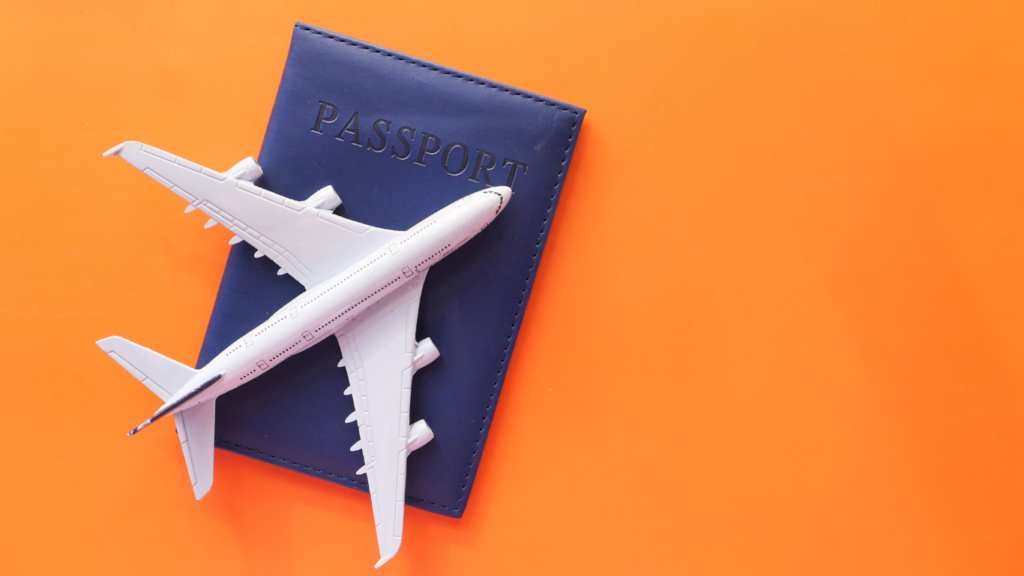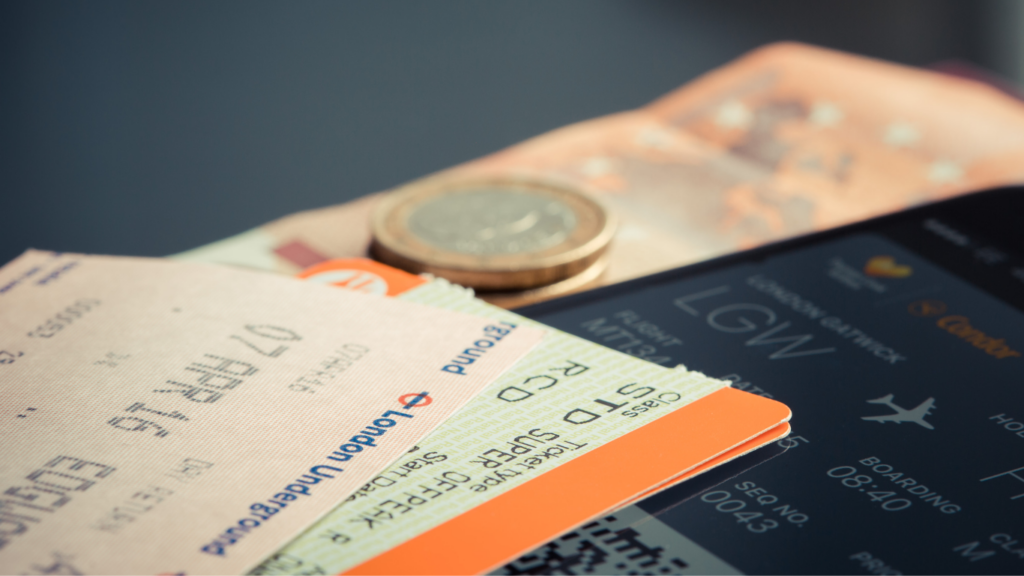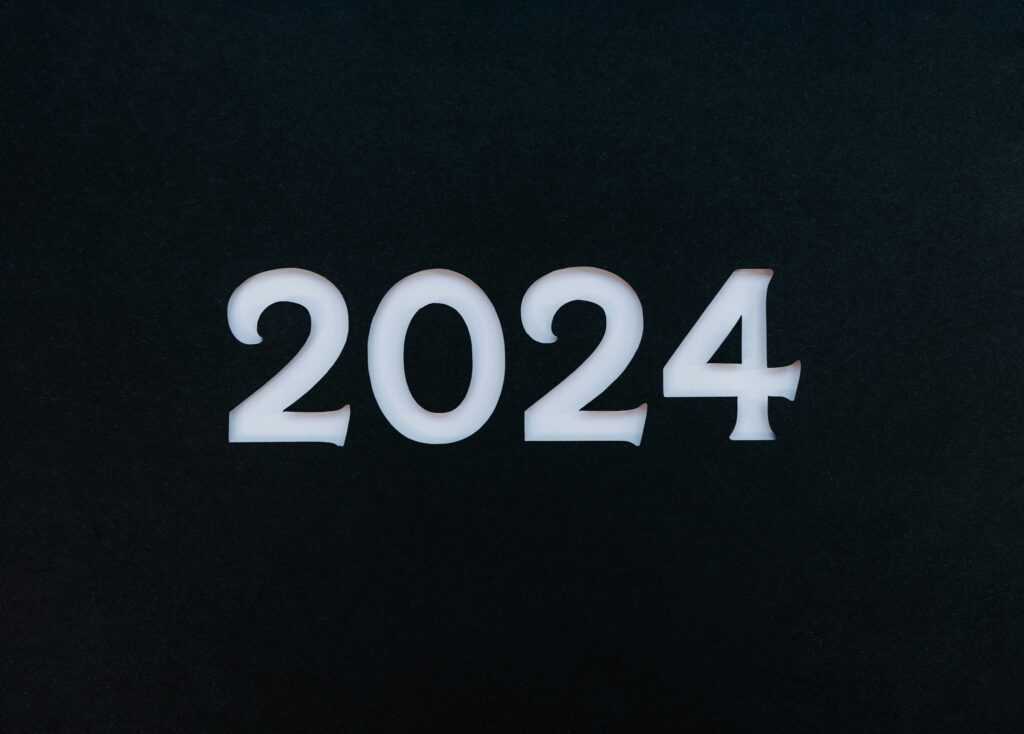Overview of Recent Airline Policy Changes
Airlines have implemented several policy changes, impacting various aspects of travel. These adjustments mainly target baggage, cancellations, and in-flight services. Understanding these changes helps travelers navigate the evolving travel landscape more effectively.
Baggage Policies
New baggage policies have introduced additional fees and stricter weight limits. Many airlines now charge for checked bags, even on domestic flights. For example, American Airlines charges $30 for the first checked bag on most domestic flights, potentially increasing overall travel costs.
Cancellation and Change Fees
Cancellation and change fees have also become more stringent. While some airlines, like Southwest, continue to offer no change fees, others have adjusted their policies. Delta, for instance, has eliminated change fees for tickets purchased for travel within the United States, except Basic Economy.
In-Flight Services
In-flight services have seen adjustments to enhance passenger safety. Many airlines have reduced or modified food and beverage services to minimize contact. For example, United Airlines offers pre-packaged snacks instead of traditional meal services on shorter flights, maintaining hygiene standards.
Loyalty Programs and Frequent Flyer Benefits
Loyalty programs have adapted to the changing travel environment. Some airlines have extended elite status qualifications and rolled over miles to the next year. For instance, Delta extended its Medallion Status through January 31, 2023, acknowledging reduced travel opportunities during the pandemic.
Health and Safety Measures
Health and safety measures have become more prominent in airline policies. Enhanced cleaning protocols, mandatory mask-wearing, and pre-departure COVID-19 testing for international flights are some of the changes. For example, Lufthansa requires negative COVID-19 test results before boarding certain international flights, ensuring passenger safety.
Seating Arrangements and Boarding Procedures
Seating arrangements and boarding procedures have been modified to promote social distancing. Some airlines block middle seats to reduce crowding, while others have introduced new boarding processes. For example, Delta blocks middle seats on all flights to provide more space for passengers.
These recent airline policy changes reflect the industry’s response to current challenges and aim to provide a safer, more manageable travel experience. Staying informed about these updates is crucial for effective travel planning.
Impact on Booking and Ticketing

Recent airline policy changes have affected how travelers book tickets and manage their reservations. These adjustments have created new dynamics in fare structures and seat selection.
Changes in Fare Structures
Fare structures now incorporate more variables. Airlines offer multiple tiers of tickets, each with distinct rules and benefits. For example, basic economy fares come with numerous restrictions, such as no seat selection and limited baggage allowance. In contrast, premium economy and business-class tickets provide added perks, including extra legroom and complimentary services. This tiered pricing model encourages travelers to pay for the flexibility and convenience they prefer. According to the International Air Transport Association (IATA), over 60% of airlines now use this multi-tiered pricing structure.
Seat Selection and Upgrades
Seat selection policies have also seen revisions. Many airlines charge additional fees for preferred seating, such as aisle seats or those closer to the front of the plane. Some carriers even offer seats with extra legroom at premium rates. Early seat selection, once often complimentary, now incurs fees unless a higher fare class is purchased. Additionally, upgrade options have become more transparent. Passengers can bid for upgrades or use loyalty points. For example, Delta Air Lines allows Medallion members to use points for upgrades on domestic flights. This trend toward monetizing seat selection and upgrades reflects the broader move to customize travel experiences based on individual willingness to pay.
In-Flight Experience Alterations
Airlines have introduced several changes to the in-flight experience due to recent policy updates. These adjustments affect various aspects of air travel, from health protocols to services and amenities.
New Health and Safety Protocols
Airlines now enforce stricter health and safety measures on flights. Crew members, for example, must wear personal protective equipment (PPE) throughout the journey. Passengers have to wear face masks, except when eating or drinking. Many airlines now include enhanced cleaning routines, using hospital-grade disinfectants for high-touch surfaces. HEPA filters onboard improve air quality by removing up to 99.97% of airborne particles. Some carriers also require passengers to complete health declarations before boarding.
In-Flight Services and Amenities
Recent policy shifts have also impacted in-flight services and amenities. Many airlines have modified meal and beverage services to minimize contact. Pre-packaged meals and limited drink options are common now. In-flight entertainment systems have seen upgrades, with more airlines offering wireless streaming to personal devices. Some services, like duty-free shopping, are temporarily suspended on certain routes. Premium cabin services, however, remain relatively unchanged, maintaining a high level of comfort and exclusivity.
Changes in Cancellation and Refund Policies
Airline policies for cancellations and refunds have significantly transformed recently. Travelers now face new rules affecting their ability to change travel plans.
Flexible Ticket Options
Many airlines offer more flexible ticket options to accommodate sudden changes. Basic Economy tickets typically offer minimal flexibility, often requiring a fee to change or cancel. Conversely, Main Cabin and higher fare classes provide greater flexibility. Airlines like Delta, United, and American now allow fee-free changes on these fare classes, which benefits travelers needing to adjust their plans. Some airlines extend this flexibility to international flights, reducing financial stress for global travelers.
Policies on Refunds and Vouchers
- Refund policies have shifted to favor vouchers over cash refunds.
- Some airlines offer a choice between a refund and a travel voucher, which often includes added value like bonus miles or credits.
- However, not all situations qualify for full refunds. Non-refundable tickets usually only offer vouchers when canceled.
- Travelers must check specific airline policies to understand the available options.
- For involuntary cancellations, like those caused by airline schedule changes, full refunds are generally issued, ensuring travelers aren’t left stranded.
Effects on Frequent Flyers
Recent airline policy changes bring significant impacts for frequent flyers. These adjustments influence loyalty programs and lounge access, crucial elements for dedicated travelers.
Loyalty Program Adjustments
Airlines have modified loyalty programs by altering how miles are earned and redeemed. Mileage accrual now often ties to spending rather than distance. For instance, Delta’s SkyMiles program calculates miles based on ticket price. This shift favors high spenders over those who fly frequently but spend less. Additionally, elite status qualifications have adjusted. Many airlines now include a spending threshold, making it harder to attain top-tier status solely through air miles. New benefits for elite members might include complimentary upgrades or waived fees, incentivizing higher spending.
Changes in Lounge Access
Lounge access policies have also evolved with recent changes. Airlines such as American and United have tightened eligibility for their premium lounges. Access now often requires holding specific credit cards, purchasing premium tickets, or achieving certain elite status tiers. For example, American Airlines’ Admirals Club no longer offers day passes, limiting access to members and credit card holders. This move is intended to manage lounge crowding and enhance the experience for qualified travelers. Enhanced services in lounges, like better dining options and private workspaces, aim to provide more value to eligible passengers.
Overall, frequent flyers must navigate these new landscapes to maximize their travel benefits.
Traveler Sentiments and Feedback
Travelers have mixed feelings about the latest airline policies, with varied positive and negative reactions. These sentiments reflect the diverse impacts of policy changes on their travel experiences.
Positive Reactions
Travelers appreciate the flexibility in ticket options, especially when plans change unexpectedly. Many have praised airlines that offer no-fee cancellations and rebooking, making travel adjustments less stressful. The introduction of tiered pricing has also received favorable feedback. Passengers willing to pay more often enjoy enhanced services like:
- additional legroom
- priority boarding
- extra baggage allowances
Business travelers have acknowledged the improvements in premium cabin services, which continue to offer superior amenities and comfort amidst policy changes.
Negative Reactions
Not all feedback has been positive. Some travelers are frustrated with the increased baggage fees, which have become a significant added cost to their journeys. Others have criticized the complexity of the new fare structures, finding them confusing when booking. Economy passengers have expressed dissatisfaction with reduced in-flight services and stricter health protocols, which they feel diminish their travel experience. Frequent flyers are particularly concerned about adjustments to loyalty programs, perceiving the changes as benefiting only high spenders and reducing the value of their accumulated miles.





